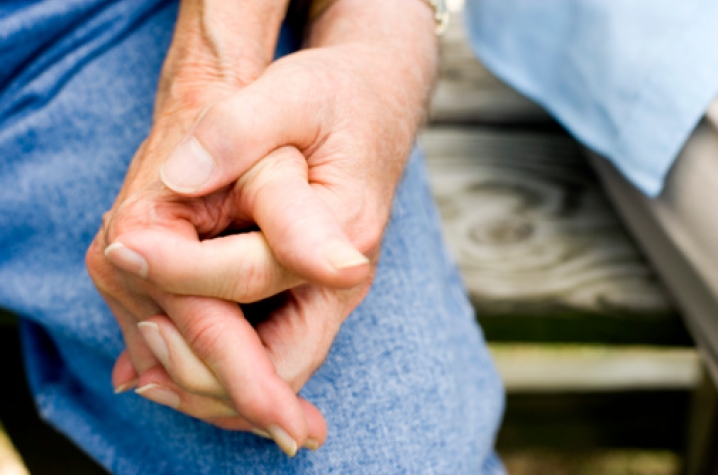When Living Happily Ever After Doesn't Last

LEXINGTON, Ky. (Sept. 27, 2012) — It seems so easy. Find someone you like, fall in love and live happily ever after.
What they don’t tell you is that being "happy in the ever after" takes a lot of hard work – on yourself and on the relationship.
But where do you find an app for that?
The University of Kentucky Counseling Center and the UK Violence Intervention and Prevention Center, both departments in the university’s Division of Student Affairs, have created a “Healthy Dating” workshop series to help participants navigate relationships. Every Thursday afternoon, 2-3 p.m., for the next eight weeks experts from the Counseling and the VIP centers will meet in the Counseling Center conference room on the second floor of Frazee Hall. The series ends Nov. 5.
Participants do not have to be clients of VIP or the Counseling Center.
Topics for discussion include:
· Sept. 27: Gender Roles, Social Norms and Dating
· Oct. 4: Self-reflection: What's My Baggage?
· Oct. 11: Building a Relationship Blueprint
· Oct. 18: Navigating Intimacy
· Oct. 25: Fighting Fair: Conflict Management
· Nov. 1: Relationship Red Flags
· Nov. 8: Breaking Up Is Hard to Do
· Nov. 15: Putting it All Together
“Finding a romantic partner with whom you are compatible can feel like a daunting task,” said Nathan Miles, staff psychologist and assistant coordinator of training for the Counseling Center. “However, there are many things you can do to improve your relationship skills and become the kind of partner that others would like to date.”
Miles adds that building self-awareness and developing healthy dating skills can save a lot of time and frustration in the dating scene.
But is a good relationship really worth 16 HOURS of searching your soul to answer the really hard questions? You bet it is!
Research indicates that a solid partnership has positive effects on just about every aspect of your life, such as your physical and mental health, your academics, and your work performance.
“Relationships, even good ones, require hard work,” said Miles. “It is important that you not leave such an important matter up to chance.”
Organizers said they chose to do the eight-week series for many reasons. Some UK students may have limited dating experience. Some may have had relationships that went horribly wrong. Some may be desperate to avoid all that heartache.
“Our goal is that participants will gain skills to be proactive in building a healthy partnership,” said Rhonda Henry, intervention program coordinator for the UK Violence Intervention and Prevention Center (VIP).
Unhealthy relationships cause a number of disturbances, including risk of violence, academic difficulty, depression, the use of unhealthy coping mechanisms and more.
“We believe this supports our prevention initiatives,” Henry said. “If students have stronger knowledge and skills to support healthy dating, we anticipate they will experience less disruptive behaviors as a result of their relationship.”
Some of the goals of the series include:
· Building skill in boundary setting
· Improving communication skills
· Understanding the connection between your “relationship role models” and your current dating partners
· Learning to handle conflict in a way that is productive and safe
· Learning positive ways to cope with difficult situations such as a break up
“We hope that the healthy dating workshop will give participants the confidence to create and maintain the type of relationship they have always wanted,” said Miles.
Henry added, “No one wants to be in an unhealthy relationship. I truly believe participants will learn skills that will support healthy dating for years to come.”




